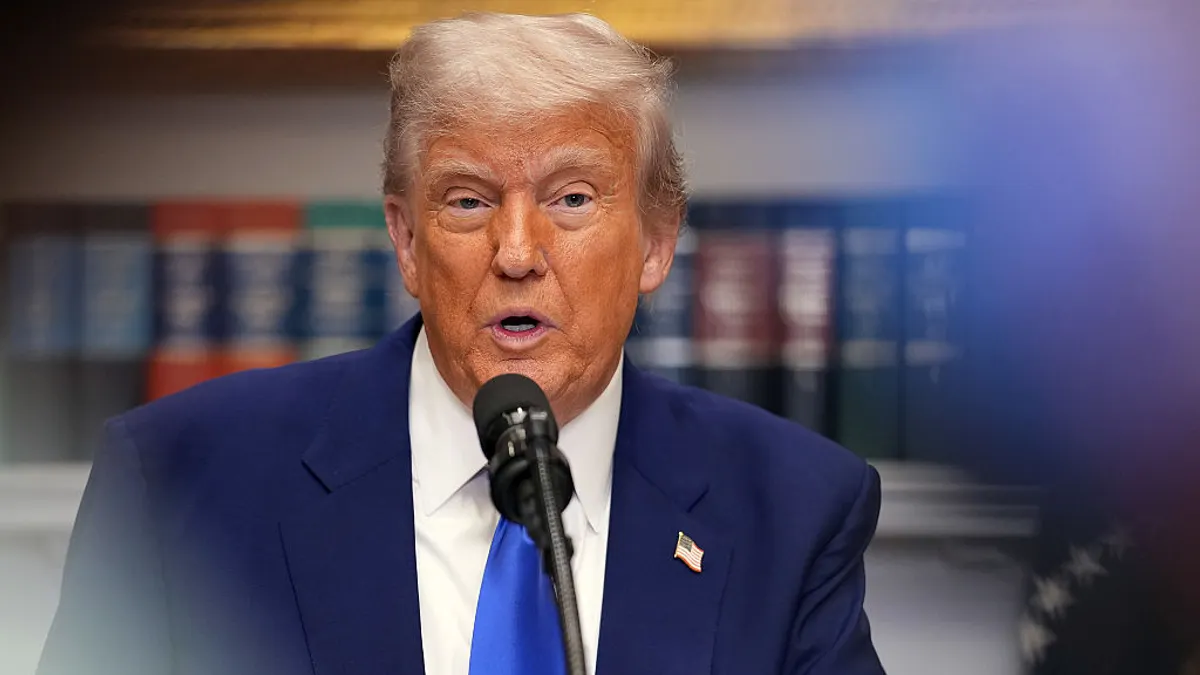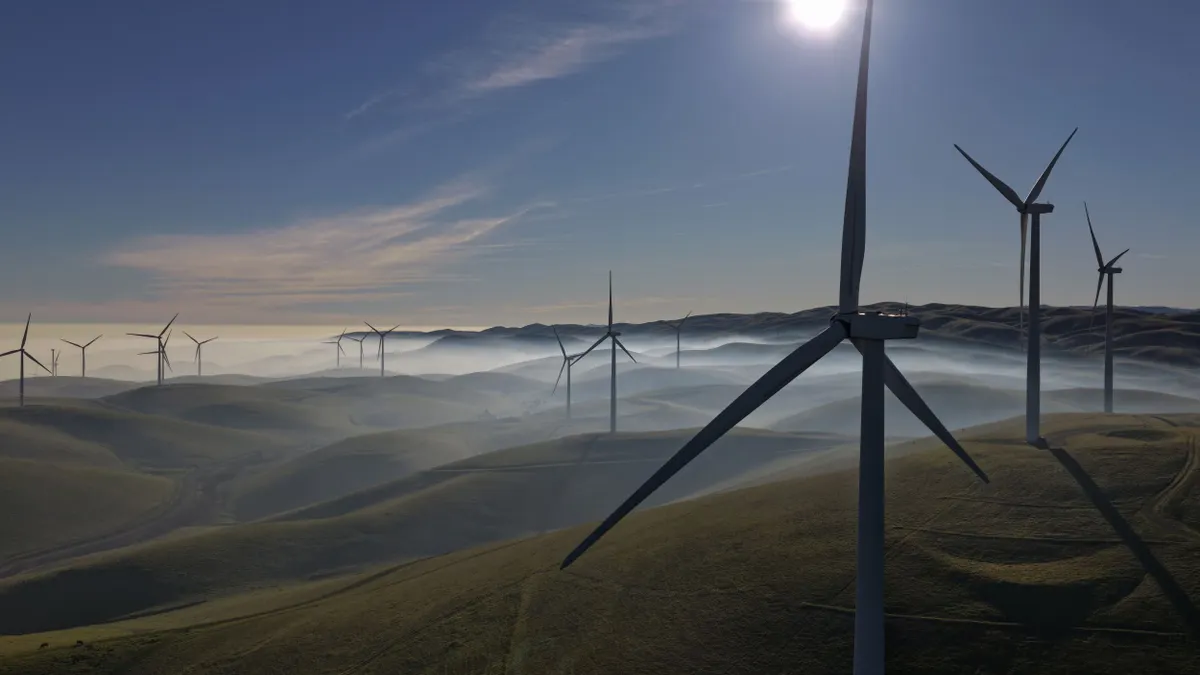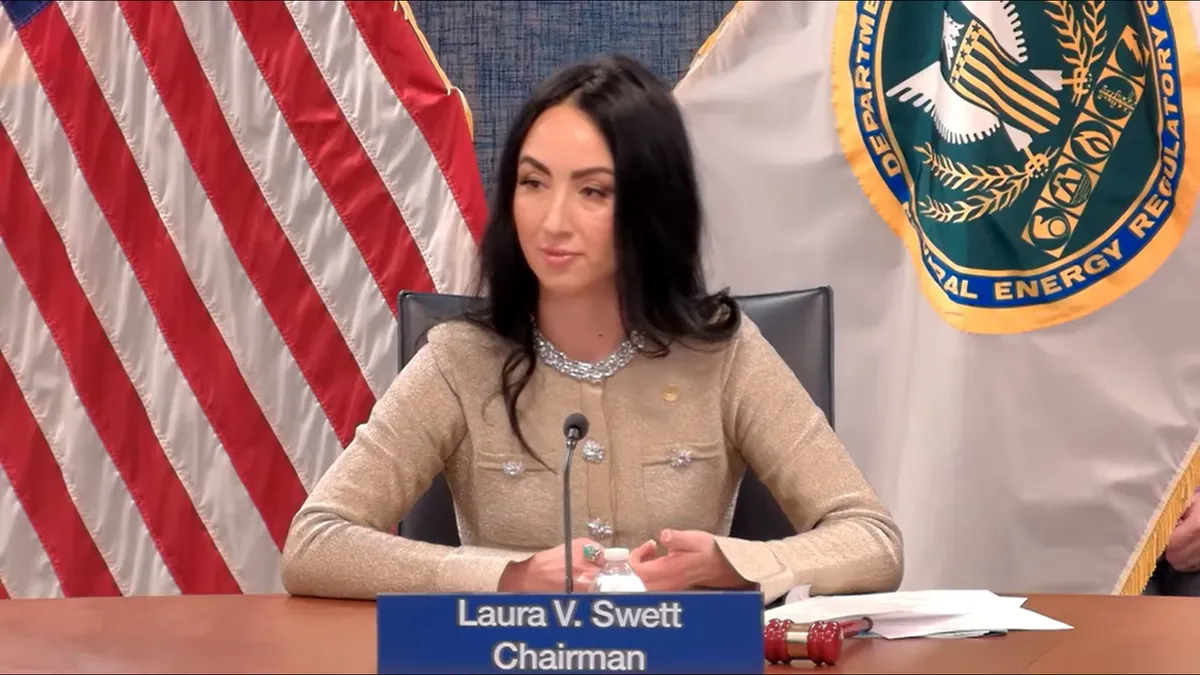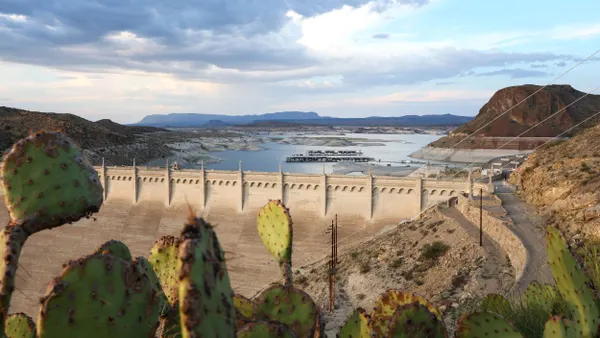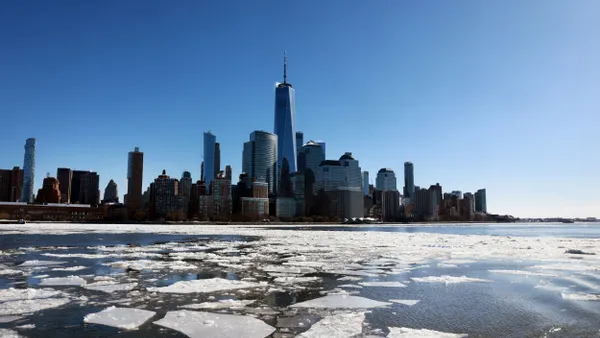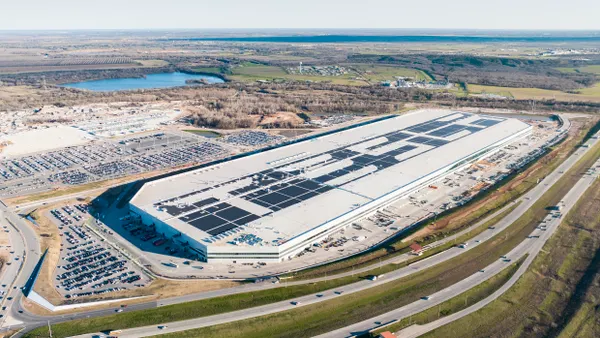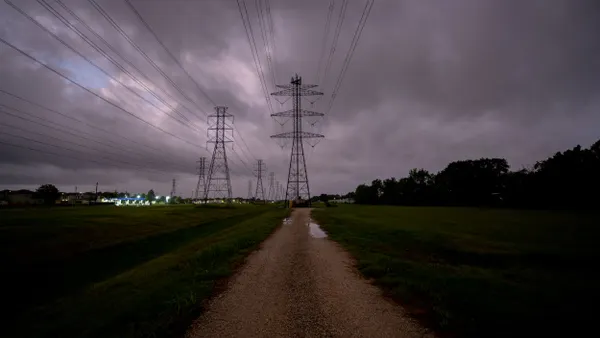Dive Brief:
- The U.S. Department of Energy moved Monday to repeal or alter 47 energy efficiency, climate reporting and other regulations, but experts say the Trump administration will likely face robust legal challenges.
- Most of the targeted rules do not fall into the so-called “lookback window” that allows the president and his party to repeal them easily under the Congressional Review Act, experts said.
- While the legal process for finalizing the proposed changes could be lengthy and legally fraught, President Donald Trump has broadly instructed department heads to cease enforcement of many regulations immediately.
Dive Insight:
The list DOE released Monday in part targets energy efficiency standards for appliances that have been on the books for years.
The latest round of attempted rollbacks appears to be driven by ideology more than industry pressure, said Andrew deLaski, executive director of the Appliance Standards Awareness Project at the American Council for an Energy-Efficient Economy.
For example, the proposed changes to oven standards would take the rule back to where it was in 1987, but manufacturers have invested significant sums in meeting the current standards, he said.
“They’re looking to get rid of standards that have been around for years and years,” he said.
Utilities also use efficiency standards to plan for how they intend to meet demand for load growth, which is expected to increase with the rise of artificial intelligence and manufacturing. In 2024, these efficiency standards are estimated to have saved energy equivalent to 6.5% of total U.S. energy consumption, according to a study by the Lawrence Berkeley National Laboratory.
In a statement, the Edison Electric Institute, which represents investor-owned electric companies, said it broadly supports the DOE’s energy conservation standards program, including some of the items included in the latest round of proposed cuts.
“The program has been one of the most successful energy efficiency efforts ever created in large part due to its focus on setting standards that are technically feasible and economically justified for a large majority of consumers,” EEI said in a statement.
Legal experts say the process for finalizing the changes will take at least a few months, and there is plenty of precedent that leads them to expect challenges to the president’s agenda.
For policies that were adopted through notice and comment rulemaking, DOE will need to publish the proposed amendments and respond to public comments before finalizing any changes, said Denise Grab, the Energy Law and Policy Project director for the Emmett Institute on Climate Change and the Environment at UCLA School of Law.
“The rollbacks will then be subject to legal challenges under the Administrative Procedure Act, as being arbitrary and capricious, and potentially illegal under other applicable laws,” Grab wrote in an email.
She said the government is even more restricted in what it can do regarding items related to energy conservation and efficiency standards. The Energy Policy and Conservation Act that governs these regulations contains an anti-backsliding provision intended to prevent the agency from weakening standards that are already on the books.
“If DOE finalizes a rule weakening these standards, we will likely see lawsuits challenging the patently illegal rollbacks,” Grab said.
On Friday, Trump signed a series of bills eliminating regulations that were enacted at the end of the Biden administration, making them subject to the Congressional Review Act, which allows Congress and the president to more easily undo rules passed at the end of a previous administration.



